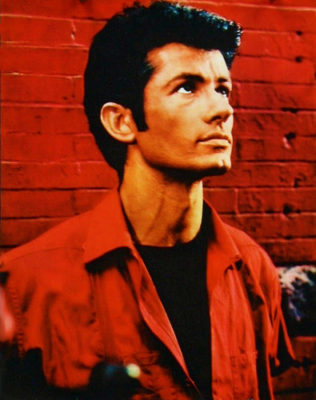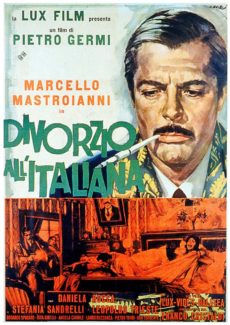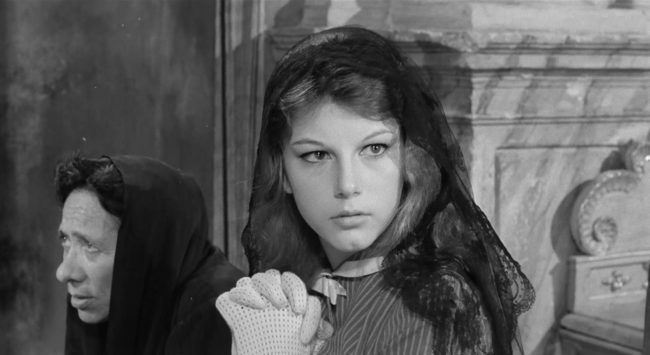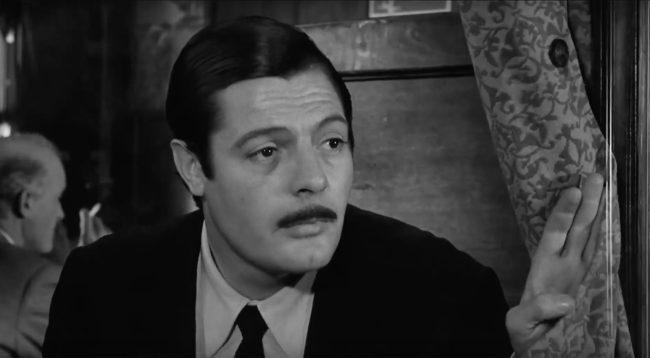Update 5/15: HAROLD AND LILLIAN filmmaker Daniel Raim and subject Lillian Michelson will participate a Q&A at the Town Center/Encino after the 1:30 PM screening on Sunday, May 21. Former Los Angeles Times entertainment writer Susan King will moderate.
************************************************
The HAROLD AND LILLIAN filmmakers and subject will participate in several Q&A’s this weekend:
Friday, May 12th, 7:30PM show at the Monica Film Center
Daniel Raim (director) & Lillian Michelson (subject/star)
Saturday, May 13th, 5:00PM show & 7:30PM show at the Monica Film Center
Daniel Raim (director), Patrick Mate (animator), Dave Lebolt (composer) & special guests
Sunday, May 14th, 1:30PM show at the Playhouse 7 (in Pasadena)
Daniel Raim (director) & Lillian Michelson (subject/star)
Sunday, May 14th, 4:20PM show at the Town Center Five (in Encino)
Daniel Raim (director) & Lillian Michelson (subject/star)


 Laemmle Theatres and Anniversary Classics Abroad present a 55th anniversary screening of Pietro Germi’s
Laemmle Theatres and Anniversary Classics Abroad present a 55th anniversary screening of Pietro Germi’s 

